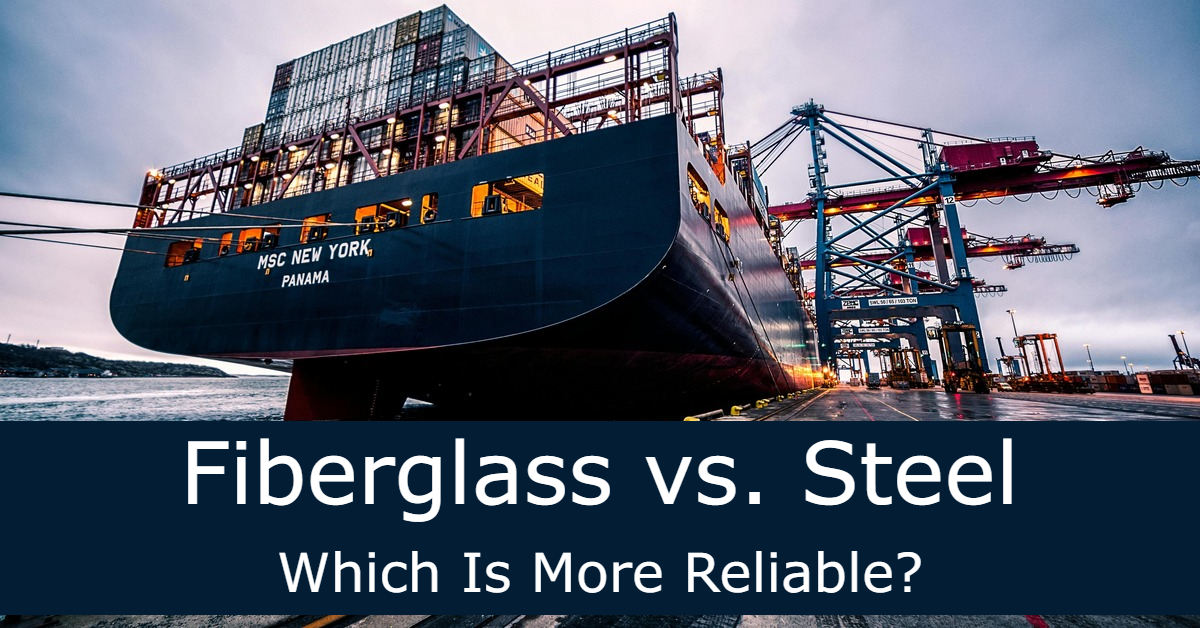Boiler water treatment is the process of treating/conditioning the water so that the boilers onboard will be protected from scale formation and corrosion. Well-maintained boilers are protected from corrosion and scales, and heat exchange can be performed properly, hence continue producing sustainable steam at its maximum efficiency.
Boiler water treatment plays a vital role in the maintenance of the boiler, without it, the inside of the boiler like steel piping will degrade gradually, resulting in longer hours of generating the desired steam output.
Have you ever asked how boiler water is circulated in its system? Steam onboard is used to heat the fuels and water to regulate the temperatures needed on the parameters to keep the main and auxiliary engines running.
After the steam is used, some steam is lost due to leaks or heat loss and most of it goes to the steam condenser which is cooled using freshwater, but some ships, use seawater for cooling. When steam is condensed, it turns to liquid/water which is collected in the cascade tank, but some call it a feed-filter tank or hot-well tank.
Water that is collected inside the cascade tank is then pumped to the boiler by the use of a boiler feedwater pump. In addition, this pump is running always when the boiler is in operation, but not all water pumped by the boiler feedwater pump is delivered inside the boiler, the unused water is then returned/circulated to the cascade tank via the return line. This is because the boiler is equipped with a water level regulating valve which maintains the level of the boiler.
This opens or closes depending on the water level of the boiler. If the boiler is below its normal level, thus regulating valve gradually opens up, and as it opens, the water pump by the boiler feedwater pump passes to fill the boiler, and when the desired level of water is achieved, this regulating valve closes gradually.
Now that we know how the water is circulated in the boiler water system, let’s tackle how this water becomes a problem for the boiler if left untreated. When steam is produced, the dissolved solids (like calcium and magnesium) from the water become concentrated and form deposits inside the boiler.
This will eventually reduce the efficiency of the boiler due to scale formation which will result in poor heat transfer. Also dissolved gasses like carbon dioxide and oxygen will react with the metal piping inside the boiler which will lead to corrosion.
What Is Boiler Water Hardness?
Water hardness is the aftereffect of dissolved solids as the steam is produced. These solid develops scale deposits in the boiler, as well as inhibit thermal efficiency and heat transfer. In worst-case scenarios, it can cause boiler tube damage due to excessive firing of a boiler because the steam requirement is not sustained. Examples of these dissolved solids that can cause water hardness are calcium and magnesium.
What Chemicals Are Added To Control The Hardness Of The Boiler?
Fortunately, with the help of advanced scientific research, we can treat water hardness easily but with perseverance. Hardness treatment involves using softening chemicals such as phosphate dispersants.
Phosphate product neutralizes the hardness of water by forming insoluble compounds and tri-calcium phosphate which can be disposed of and blown down periodically through the bottom of the boiler. These softening chemicals are introduced mostly through the dosage pumps.
Most of the boilers are built with dosing pumps, where you can add chemicals that correspond to your water test analysis (the water test is done weekly or daily). Take note, adding chemicals has the right ratio/ton of water. If the ship has no dosing pump, they can add the chemical inside the cascade tank as well.
What Is Boiler Alkalinity?
Maintaining the proper alkalinity is essential for the operation of boilers. Alkalinity is a property of the water that is dependent on the presence of some chemicals that can be found also in the water, such as hydroxides, carbonates, and bicarbonates. As we say, it is the one responsible for maintaining a stable ph level thru neutralizing acids and bases. With the proper amount of alkalinity, it can protect the shells and plates against acidic corrosion. Remember always, too much is always destructive, like having too much alkalinity may result in steel embrittlement.
Why PH Is Important In Boiler Water?
First of all, let’s determine first what is acidic, neutral, and base. Ph is numbered between zero up until fourteen, where values less than seven are considered acidic, while seven is neutral, and above seven are called alkaline.
The ph factor serves as the key player in determining corrosion build-up and scale formation inside the boiler. Water is considered acidic with less than 5.0 ph value could make the steel thinner until it breaks down, while above 5 to 9.5 ph values can cause pitting on steel, and above 12 to maximum ph value can cause scale formation. So maintaining the ph value between 10 to 11.5 can provide protection from scale build-up as well as prevent corrosion to the steel inside the boiler.
How To Avoid Corrosion On Boilers?
Corrosion usually takes place when the dissolved oxygen reacts with steel piping. To avoid this problem, an all-volatile, liquid, catalyzed oxygen scavenger is introduced to boiler feed water. This chemical controls ferrous and non-ferrous corrosion in feedwater, steam, condensate lines, and boiler with the use of hydrazine as the oxygen scavenger.
Also, to avoid dissolved oxygen from multiplying faster, the feed water must be kept to 90◦C or higher. The colder the feed water, the more dissolved oxygen there will be.
How To Reduce Chloride In Boiler Water?
Generally, reducing the amount of chloride value in boiler water is by making blowdown periodically. If after testing the water and you see the chloride content is high, don’t hesitate to make blowdowns. But be careful in making blowdowns, you must regulate the amount of water to be discharged so that the chemicals that you introduced will not be put to waste.
Therefore, the occurrence of problems in the boiler can be expensive for the owners to outlay. Also, it’s a burden for the engineers that are attending to it too. That’s why we need to remember always that the boiler treatment must be done in accordance with the schedule given or whenever necessary so that the boiler can be maintained properly and produce steam efficiently. Scale-build-up and acidic corrosion on steel pipes can be prevented by adding the right amount of chemicals and maintaining the ph values within the limit range.





Leave a Reply